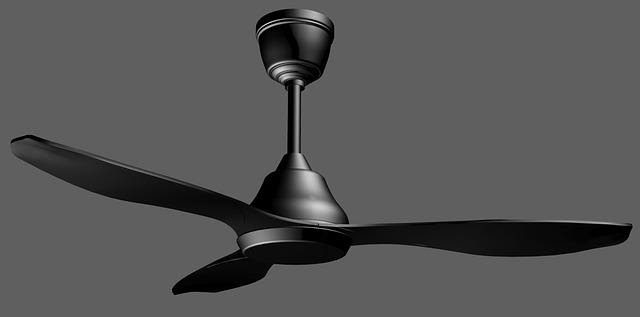Common Noises in Your Home That You Shouldn’t Ignore. We’re all used to hearing humming refrigerators, HVAC systems, and other appliances within our properties during the year. However, sometimes there are noises in the home that are a sign of a big issue, or at least something needing to be addressed rather than ignored. Plus, many sounds can become incredibly annoying over time and reduce peace of mind and rest.
If you’ve noticed strange noises coming from your property in recent weeks, it’s time to do something about them. Here are some key noises to pay attention to and the reasons that could be behind them.
Table of Contents
Pipes
In old homes, especially, pipes can groan and rattle and cause alarm. Sometimes they may make noises due to nothing-to-worry-about movement, but often noisy pipes indicate that you need to hire a plumber. For example, clanking, whining pipes may not be securely anchored to floor joists. In this case, the pipes likely need wrapping in rubber pipe insulation and nailing to joists with specific pipe straps. This task needs to be done in multiple spots and should stop rattling from occurring when water runs through pipes.
You may also need to do an online search for purchasing Christmas lights if noisy pipes occur due to excess water pressure. Plus, other pipe-related problems include pipes that touch framing without any or enough cushioning or air cushioning chambers that become waterlogged. It’s wise to hire a plumber to investigate and fix any of these problems as they require an experienced eye to sort out.
Doors
An issue that’s often much easier to fix than plumbing challenges is door creaks. Most people have one or more doors in their home that develop noises, usually because of dry or corroded hinge pins in the frame. When this happens, start by applying WD-40, which you likely already have in your home. Alternatively, try another joint lubricant like petroleum jelly or surfboard wax.
Put the lubricant on the top of the pin and allow it to drip down. You want it to cover the hinge entirely. Mop up runoff with a cloth or paper towel. Ensure the lubricant has done its job by opening and closing the door multiple times to see if the creak is still there. This movement will also help the oil to work through the pin and coat the whole thing for maximum results.
Toilets
One of the most used elements in most homes is the toilet. As such, it’s something no one wants to have issues with. If you hear or see water running from the toilet for too long after flushing, you need to investigate ASAP. If not, you’ll end up with a much higher water bill than usual. A leaking toilet is commonly caused by a too-high water level, a water-logged float, a faulty flapper, or a problem with the fill tube or value.
You can likely make adjustments yourself to the cistern’s float if it’s sitting too high and causing water to keep flowing down the overflow pipe. Check that the float sits below the pipe, not above it. When this is fixed, you shouldn’t have noise or water wastage to keep worrying about. If this doesn’t fix the problem, though, call a plumber to check out the device or see if you might be able to solve the problem by reading up on top ways to stop a running toilet.
Fans
It’s nice having fans in the house to help cool things down and circulate air rather than always having to run an air conditioner. However, when these machines get noisy and squeak continually, you’ll quickly want to switch them off. If you have one or more annoying fans in your house, take a look at the top of the blades to see how dusty there are.
It seems strange, but even the addition of too much dust can put a fan out of balance due to the small amount of extra weight. As a result, the motor can squeak. Clean the blades, and the problem will hopefully go away. If it doesn’t, the blades may have become unbalanced, which happens. In this case, buy a fan-balancing kit from your local home or hardware store.

Other common fan issues that can lead to noises include worn-out motor bearings or loose light bulbs in ceiling fans with in-built illumination. If you’re not sure how to fix any of these issues yourself, call out an electrician to do the work for you, as it’s essential to be safe when dealing with anything electrical.
The sooner you investigate and take steps to rectify noises around your home, whether you do so yourself or get assistance from a contractor, the better. This proactiveness will not only help your sanity but also alert you to problems that could be fixed while they’re smaller, rather than waiting until they’re larger and more urgent and expensive.
















